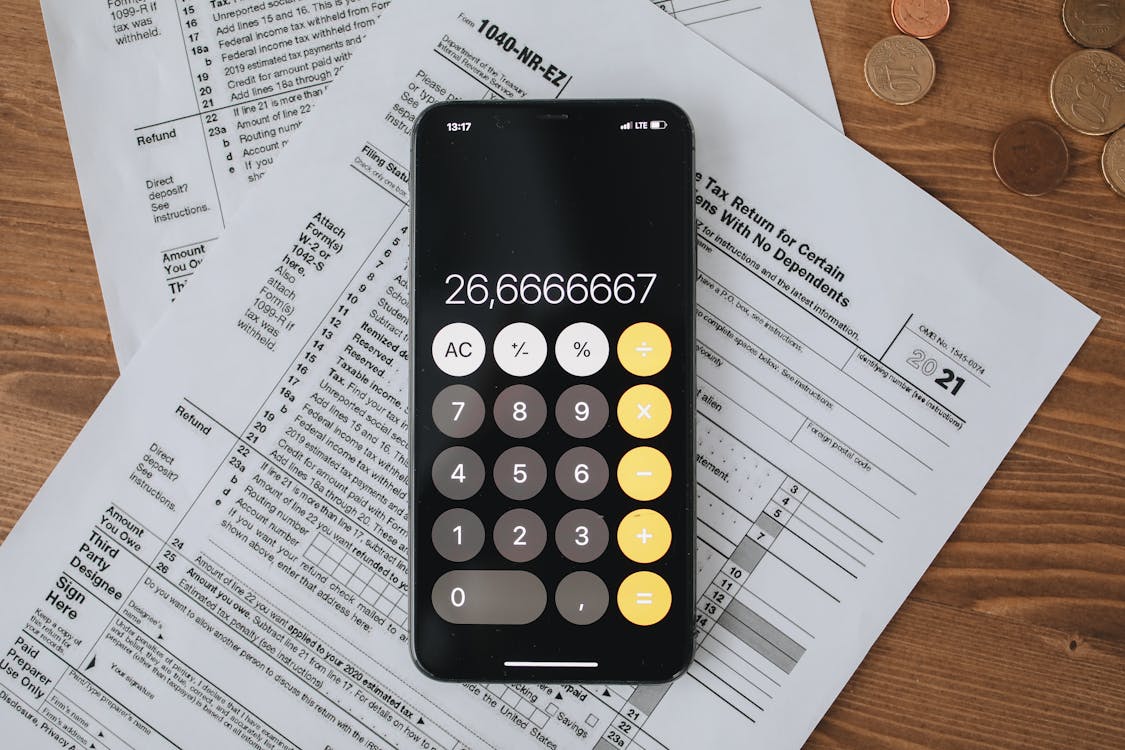What if I told you that today’s financial markets—so fast, so precise—were once balanced on shaky hands and endless paper trails?
That spreadsheets, once the backbone of accounting, have been quietly stepping aside for smart systems that predict, optimize, and automate beyond human capability?
The evolution of accounting software isn’t just a technical upgrade—it’s a seismic shift. One that mirrors the transformation in trading, from the era of HODL strategies to the breakneck speed of high-frequency trading (HFT).
It’s not merely about convenience; it’s about survival in an increasingly complex financial ecosystem.
The Death of the Spreadsheet Mentality
For decades, financial professionals relied on manual entries, meticulous calculations, and static analysis—spreadsheets were their trusted ally. The beauty of spreadsheets lay in their simplicity, but simplicity has limits.
A trader who reacts minutes too late to market swings, an accountant struggling with reconciliation errors—these are relics of a past where human labor tried, and failed, to outrun real-time data.
Then came automation. Artificial intelligence, blockchain-driven ledgers, and predictive analytics turned accounting into an ever-learning system.
No longer do professionals sift through numbers; the numbers now talk back.
From Passive Recording to Active Intelligence
This revolution is akin to what happened in trading. HODLing—a long-term, buy-and-hold approach—worked when markets moved at a human pace.
But today, firms deploying high-frequency algorithms analyze price movements in milliseconds, executing thousands of trades before a human even blinks. Accounting is following suit.
Modern platforms don’t just record transactions; they predict trends, flag inconsistencies before they spiral, and even integrate directly with trading bots, fusing financial operations with market intelligence.
Take blockchain-based accounting as an example. Traditional bookkeeping might take days for reconciliation, requiring audits and human oversight.
Blockchain-ledger accounting? Instant verification, fraud prevention, and automated tax adjustments—without a single manual entry.
The Human Role in an Automated Era
Of course, some see automation as a threat. If machines take over financial reporting, what happens to accountants, analysts, and traders who once mastered these systems?
The answer lies not in displacement but evolution.
Financial professionals are transitioning from operators to strategists, focusing on oversight, decision-making, and the interpretation of complex insights rather than manual data entry.
In a world where smart systems manage the details, humans are left with the bigger questions: How do we shape policy around these technologies? How do we ensure ethical finance in an age of artificial intelligence?
A Call to Action: Adapt or Risk Obsolescence
This shift isn’t coming—it has already arrived. Finance professionals who still rely solely on spreadsheets risk being outpaced, just as traders who reject algorithmic strategies fall behind.
To stay relevant, embrace the tools that think faster than you do—not to replace judgment, but to enhance it.
The question isn’t whether accounting software will dominate the future. The question is whether those handling financial data will choose to evolve alongside it—or let the algorithms decide their fate.
